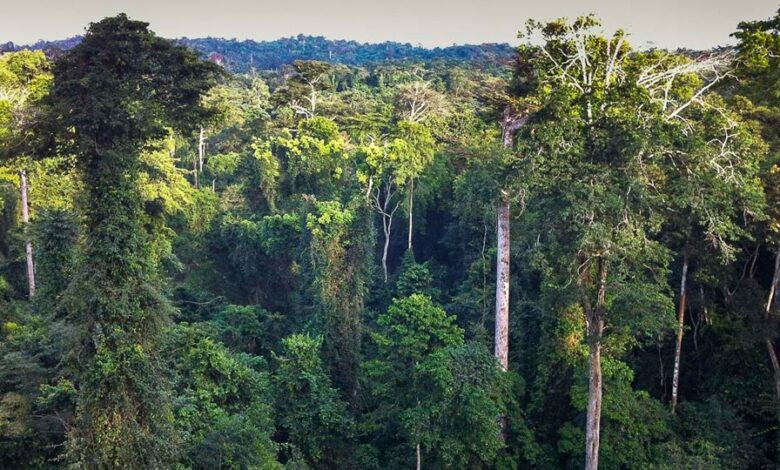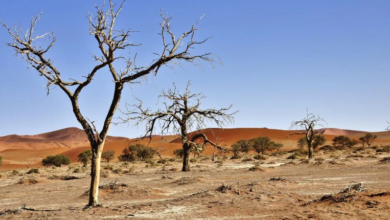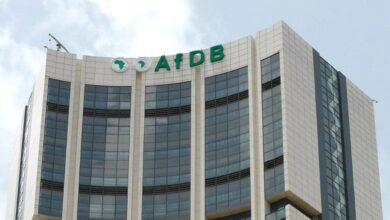Govt defends issuance of mining licenses in forest reserves

Advisor on Mines to the Minister of Lands and Natural Resources, Benjamin Aryee has explained the rationale behind granting mining licenses in Ghana’s forest reserves, following concerns raised by journalists about the potential environmental impact.
Responding to questions during a technical workshop to discuss the latest report of the Ghana Extractive Industry Transparency Initiative , Mr Aryee emphasized that under Ghana’s Constitution, the country’s mineral resources belong to the people and are managed by the president. Licenses for mining can be granted by the Minister for Mines on behalf of the president. However, Aryee clarified that mining cannot occur without securing environmental permits, regardless of the land type, as stipulated by the Minerals and Mining Act 703.
In addition to environmental permits, Aryee stressed that companies looking to mine in forest reserves must obtain an entry permit from the Forestry Commission, which manages these protected areas. “No mining activity affecting a forest can proceed without approval from the Forestry Commission,” he noted.
Addressing why some mining leases were granted in forest reserves, Aryee pointed out that in the late 1990s and early 2000s, the government had issued a number of exploration rights for mining in various reserves. After a technical study to assess the impact, it was decided that only five out of about 20 projects would be allowed to proceed to the mining stage.
Mr Aryee further noted that even among those five projects, not all had advanced to full-scale mining. Strict environmental safeguards were put in place for those allowed to proceed, including minimizing mining activity within the reserves and ensuring that all processing activities take place outside the reserves. Companies were also required to reclaim any affected land and create new forests of equal size outside the reserves to compensate for any environmental loss.
He added that the measures, developed in the early 2000s, were designed to limit the environmental impact while allowing controlled mining activity in specific cases.
Ghana allowed limited exploration and exploitation of its mineral resources in some Production Forest Reserves from 1996. In 2001, Environmental Guidelines for Mining in Production Forest Reserves were formulated to comprehensively address the associated impacts of exploration and mining related activities in these environmentally sensitive areas. In line with the provisions of these guidelines, a Liaison Group (LG) was set up to monitor the lifecycle of mining activities (exploration, development, exploitation, and decommissioning) in these Forest Reserves.
The May 2001 Environmental Guidelines for Mining in Production Forest Reserves have been converted into Environmental Protection (Mining in Forest Reserves) Regulations, 2022 (LI 2462).




